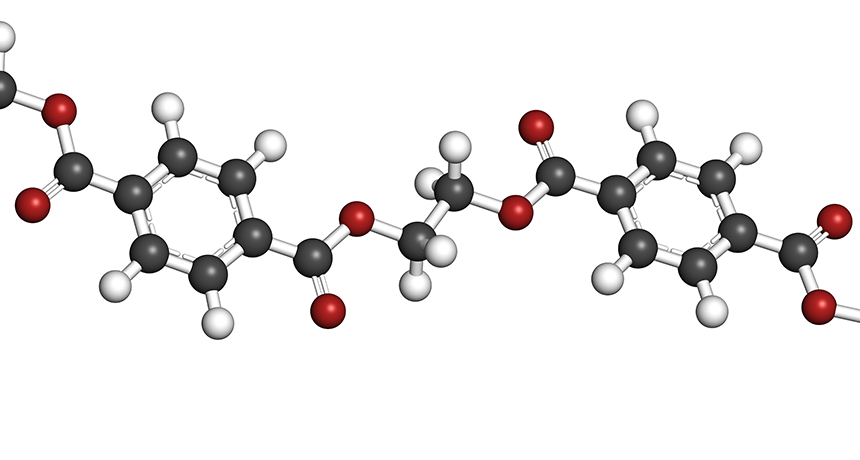Lasting Polymers: Eco-Friendly Solutions for the Future
Lasting Polymers: Eco-Friendly Solutions for the Future
Blog Article
Using the Power of Polymers: Recognizing the Substantial Uses and Favorable Influences
Polymers, with their diverse chemical frameworks and residential properties, have come to be essential in countless industries, changing the method we interact with products on a day-to-day basis. As we explore the substantial usages of polymers and their role in forming a more lasting, reliable, and innovative future, it comes to be apparent that their capacity is as vast as the molecules themselves.
Convenience in Everyday Products
Polymers exhibit exceptional versatility in a broad variety of day-to-day items, demonstrating their essential function in modern society. From the versatile plastic casing of mobile phones to the resilient fibers in apparel, polymers have changed the way we connect with products in our day-to-days live. Among the most typical usages of polymers remains in product packaging materials. Polyethylene, as an example, is widely used in food packaging as a result of its lightweight, long lasting, and moisture-resistant properties. In addition, polymers play an important duty in the automobile industry, where they are made use of in manufacturing light-weight components that improve fuel effectiveness.
Furthermore, polymers have discovered their means right into the healthcare sector, with applications varying from medical tools to medicine shipment systems. Biodegradable polymers are used in stitches and implants, lowering the threat of adverse responses in people. In the building and construction industry, polymers are incorporated right into paints, adhesives, and insulation materials, boosting durability and power effectiveness. Overall, the flexibility of polymers in everyday products highlights their relevance in driving innovation and enhancing lifestyle.
Sustainability in Material Innovations
With the ongoing focus on ecological awareness and resource performance, the focus moves towards sustainability in product advancements, reflecting a growing commitment to liable manufacturing methods throughout various industries. In the last few years, there has been a notable rise in the advancement of lasting materials, specifically within the world of polymers. These cutting-edge products are created to decrease ecological influence throughout their entire lifecycle-- from sourcing basic materials to disposal or recycling.
One significant aspect of sustainability in product advancements is the idea of biodegradability. Biodegradable polymers have gathered attention for their capability to break down naturally right into safe byproducts, lowering waste and air pollution. Additionally, using recycled polymers originated from post-consumer or post-industrial resources is obtaining traction as a way of promoting a circular economic climate and reducing reliance on virgin materials.

Enhancing Performance in Engineering
Enhancing performance in design requires a meticulous assimilation of innovative innovations and precise techniques to optimize performance and effectiveness in various commercial applications. Polymers play a critical function in this undertaking, offering a vast variety of advantages that boost the efficiency of engineering products and components.
One secret facet of boosting performance in engineering is the capacity of polymers to improve longevity and strength. By including polymers into engineering layouts, manufacturers can produce lightweight yet robust structures that can endure high levels of stress and anxiety and stress. This particular is particularly useful in sectors such as aerospace, automotive, and building, where the need for solid yet lightweight products is critical.
Furthermore, polymers can likewise discover this enhance efficiency by providing thermal and chemical resistance, lowering friction, and boosting electrical conductivity. These residential or commercial properties make polymers excellent for a wide variety of design applications, consisting of seals, bearings, finishings, and digital elements. Polymers. By using the distinct buildings of polymers, engineers can maximize the efficiency of their styles and develop more effective and trusted products
Effect on Clinical Advancements
The combination of innovative polymer technologies has dramatically contributed to innovative improvements in the clinical field. Polymers have played a vital duty in modern medical improvements, varying from medicine delivery systems to tissue engineering. One of the crucial locations where polymers have actually made a substantial impact is in the development of naturally degradable stitches and implants. These polymers can be customized to break down at a details price, enabling better wound healing and decreasing the requirement for extra surgical procedures to remove implants.
Moreover, polymer-based materials are significantly being utilized in medical tools such as catheters, stents, and prosthetics due to their biocompatibility and adaptability. For example, polymer finishes on clinical gadgets can avoid infections and improve total individual results. In addition, innovations in nanomedicine have enabled the use of polymer nanoparticles for targeted medicine shipment, improving the efficacy and lowering side impacts of various drugs
Function in Environmental Preservation

In addition, polymers are utilized in water therapy processes, helping in the filtration and recycling of water resources. This assists in lowering water contamination and making certain visit their website access to clean water for both human intake and environmental health and wellness. Polymers additionally contribute in agriculture via the development of naturally degradable composts and controlled-release plant foods, promoting sustainable farming methods.
Verdict
In conclusion, polymers have confirmed to be a versatile and vital product in numerous industries, from everyday products to design and clinical innovations. Their effect on sustainability, performance enhancement, and environmental preservation is substantial. Understanding the comprehensive uses polymers highlights their relevance in driving technology and progress in multiple fields. The continued exploration and usage of polymers will definitely bring about more advancements and positive effects websites on society.
Report this page